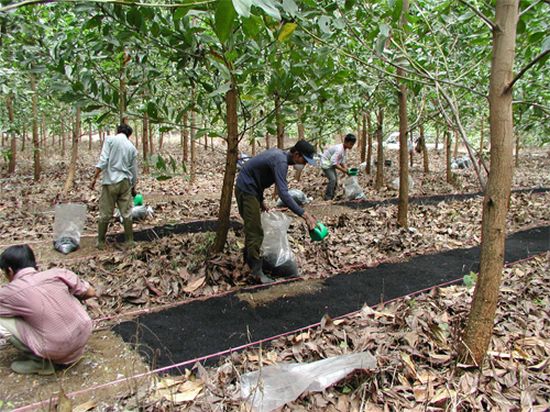
Eco factor: Plants waste converted into biochar that cuts emissions by up to 12 percent.
Until now, you must have seen plant waste being converted into ethanol or biodiesel, but this time around, a research team at the Pacific Northwest National Laboratory in Richland, Washington has found that it can also be used to produce biochar. Biochar is a type of charcoal that can be buried in fields and is capable of locking the carbon for thousands of years if required.
The study led by James Amonette is based on computer model that was developed to compare the carbon emissions that would be saved by converting the world’s available supplies of plant waste into either biofuel or biochar. The model showed that turning the world’s available plant waste into biofuels would reduce carbon emissions by 10 percent, while converting it into biochar could bring down emissions by up to 12 percent.
A process called pyrolysis, under which plant waste is heated in an oxygen-free environment, produces biochar. The bi-products of the process are syngas and oil that can be burnt as fuel. Biochar holds the potential of increasing the pH of acidic soil, and helps it to retain nutrients such as ammonium, calcium, magnesium, potassium and phosphorus. It can boost both biomass and grain yield. It is also claimed that some biochars are quite porous and can trap moisture and improve the water retention of soils in dry areas.
Via: New Scientist




